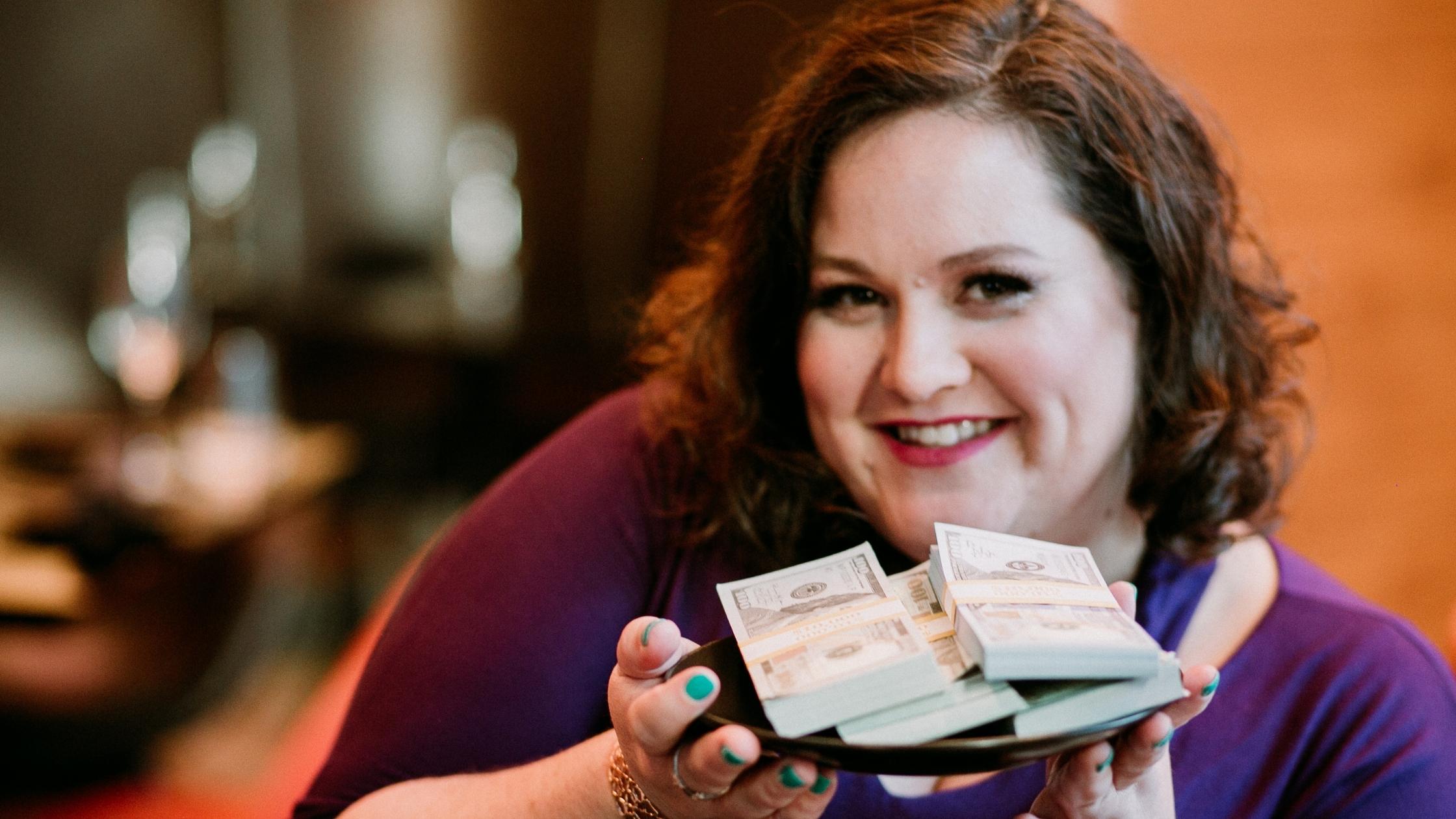Cassie Parks is the fairy godmother for people who want to be better with money. She has helped thousands across the globe change their money stories so that they can welcome more money into their lives. Often, we feel like there’s never enough money because we’ve become accustomed to that stress of money.
In this episode, Cassie and I discuss the money stories we all tell ourselves and how these stories are the very thing that keeps us from attracting money with ease and flow or actually repelling money. Many of us have felt that there’s never enough money, but that’s because we’ve become accustomed to the stress of money.
I’m most excited because Cassie discusses the four money story archetypes and helps us identify where we are in our own money story and what we need to do to move out of it and into abundance.
What’s in the episode:
- Change your thoughts so you approach money differently
- Be open to creating more wealth and achieving your dreams
- Rethink your approach to money and wealth
- Identify your money mindset archetype
- Recalibrate your money mindset
“A lot of times, we learn there’s never enough money because you’ve become accustomed to that stress of money.” Cassie Parks
If you enjoy this episode and it inspired you in some way, I’d love to hear about it and know your biggest takeaway. Take a screenshot of you listening on your device, post it to your Instagram Stories and tag me, @kimstrobeljoy.
I would also love if you subscribed to the podcast and left a review at https://podcasts.apple.com/us/podcast/she-finds-joy/id1487739752

